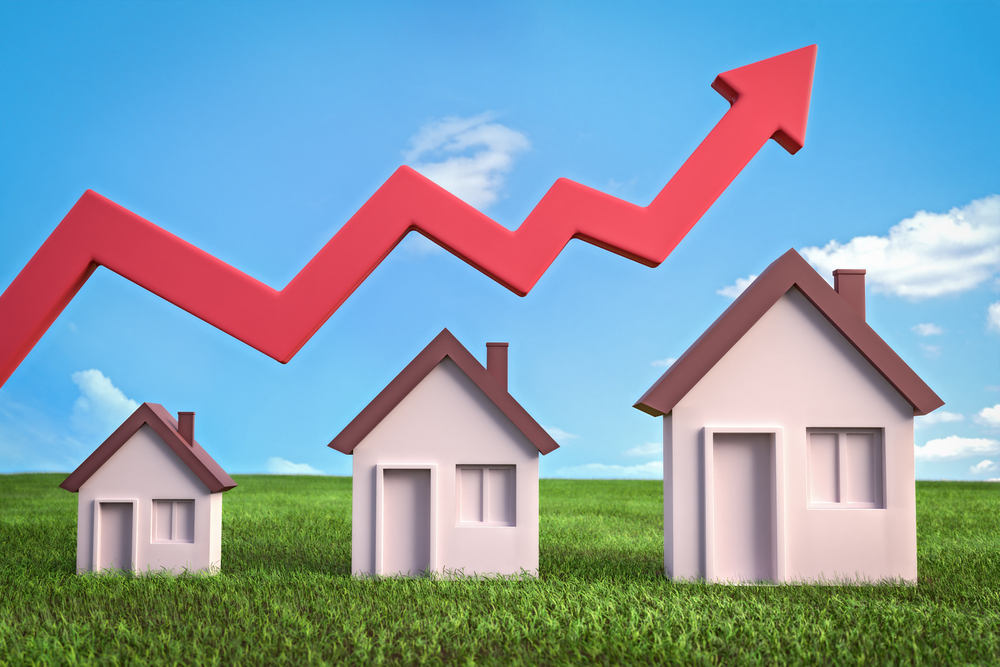However, with household budgets under pressure from surging living costs, it is likely the pace of house price growth will slow considerably over the next year, Halifax said
The average UK house price hit a record high of £276,759 at the start of 2022 after increasing by around £24,500 over the past year, according to an index.
But with household budgets under pressure from surging living costs, it is likely the pace of house price growth will slow considerably over the next year, Halifax said.
However the pace of monthly growth slowed in January, with values edging up by 0.3%, compared with 1.1% monthly increases recorded in both November and December.
House prices were up by 9.7% compared with a year earlier.
Russell Galley, managing director, Halifax, said: Overall prices remain around £24,500 up on this time last year, and £37,500 higher than two years ago.
Following the peak activity of 2021, transaction volumes are returning to more normal levels, he said.
Mr Galley said affordability remains at historically low levels as house price rises continue to outstrip earnings growth.
He continued: Despite record levels of first-time buyers stepping on to the ladder last year, younger generations still face significant barriers to home ownership as deposit requirements remain challenging.
This situation is expected to become more acute in the short term as household budgets face even greater pressure from an increase in the cost of living, and rises in interest rates begin to feed through to mortgage rates, he said.
While the limited supply of new housing stock to the market will continue to provide some support to house prices, it remains likely that the rate of house price growth will slow considerably over the next year, he said.
Wales kicked off 2022 as the strongest performing part of the UK for annual house price growth, at 13.9%.
Northern Ireland continued to record strong price growth, with prices up by 10.2% compared with a year earlier.
House price growth remained strong in Scotland, with an 8.9% annual increase, Halifax said.
Within England, the North West was the strongest performing region, with values up by 12.0% year on year on average.
Martin Beck, chief economic adviser to the EY ITEM Club, said: January’s slowdown in the Halifax measure may be a sign of things to come. This year won’t see a boost to prices from the stamp duty holiday which ran through much of 2021.
To the extent the tax holiday brought forward purchases, its after-effects may drag on housing market activity in the near term, he said.
He said: Moreover, the EY ITEM Club thinks the Bank of England will add to recent rises in interest rates by raising rates twice more this year, pushing up mortgage rates. And the rising cost of living faced by households from higher inflation and tax rises mean it’s likely that fewer people will be able to afford to borrow the necessary amount they need to buy at higher mortgage rates.







Leave a Reply